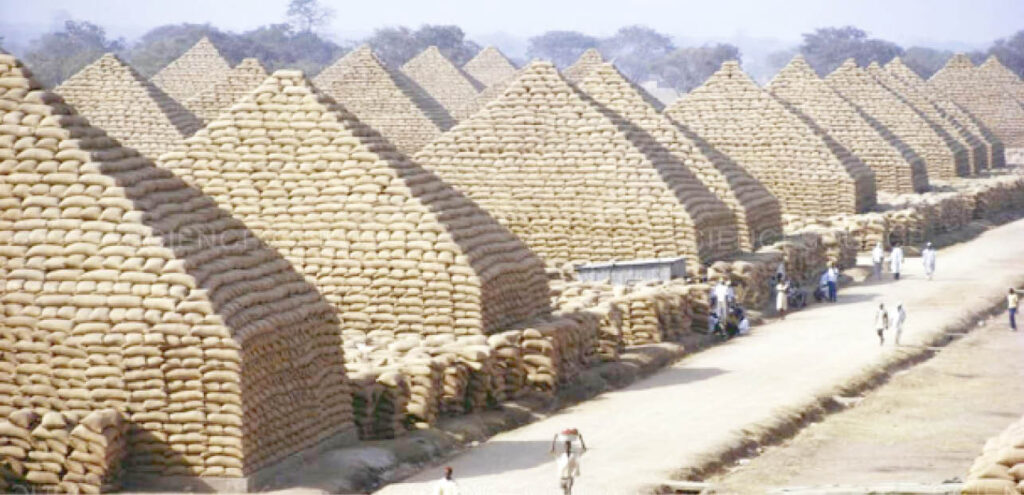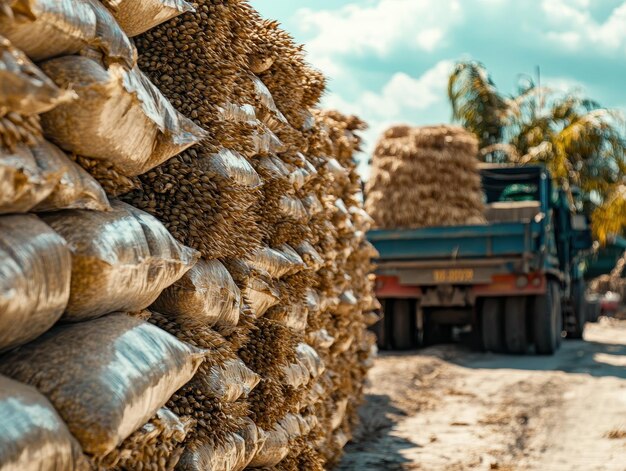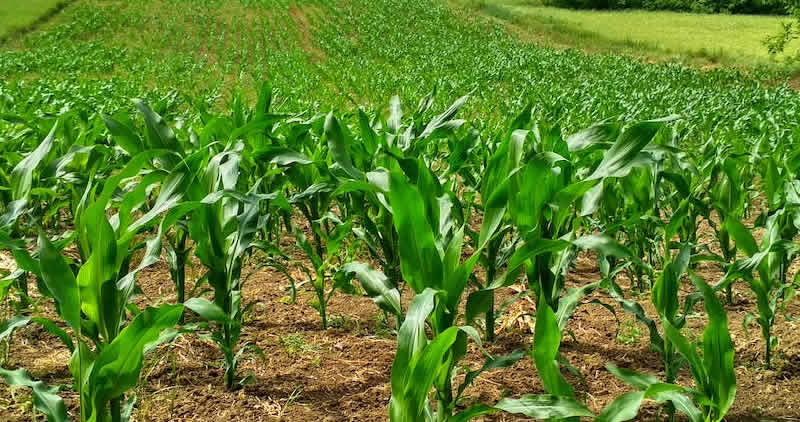
Agriculture in Kano: The Heartbeat of Nigeria’s Center of Commerce
Kano State, often called the “Center of Commerce,” is a historic hub of trade, culture, and economic vitality in Nigeria. At the heart of Kano’s economic prominence lies its agricultural sector, which has sustained its population for centuries and established the state as a pivotal player in Nigeria’s agricultural economy. With vast arable land, a thriving population, and a rich history of commerce, Kano stands as a beacon of agricultural excellence.

A Legacy of Agricultural Excellence
Agriculture has been the backbone of Kano’s economy since time immemorial. During the trans-Saharan trade era, Kano thrived as a hub for goods flowing across Africa and beyond. Its fertile lands produced an abundance of crops such as groundnuts, millet, and cotton, which became central commodities in regional and international trade.
Today, Kano remains one of Nigeria’s largest agricultural centers, contributing significantly to the state’s GDP and supporting millions of livelihoods. Farming is deeply embedded in the culture and tradition of Kano’s people, who have passed down agricultural knowledge and practices through generations.
Key Agricultural Products of Kano
Kano’s agricultural portfolio is diverse and robust, with several crops and products driving both local consumption and exports.

- Grains
- Kano produces large quantities of staple grains like millet, sorghum, maize, and rice.
- These crops are essential for food security and are widely traded in local and regional markets.
- Rice farming, in particular, has seen significant growth due to increased investments in irrigation and processing facilities.
- Groundnuts (Peanuts)
- Groundnuts were once the cornerstone of Kano’s economy, contributing to its global recognition during the groundnut pyramid era.
- Though the iconic pyramids are a relic of the past, groundnuts remain a significant export crop, supporting farmers and agro-industries.
- Cotton
- Kano is one of Nigeria’s largest producers of cotton, a vital cash crop.
- The textile industry in Kano relies heavily on local cotton production, creating jobs and driving industrial growth.
- Horticulture
- Kano is a major producer of vegetables like tomatoes, onions, and peppers.
- The state’s vibrant horticulture industry supplies produce to markets across Nigeria and supports thousands of smallholder farmers.
- Livestock
- Kano is also known for its livestock production, including cattle, goats, and poultry.
- The livestock sector contributes to meat production, dairy products, and leather, further diversifying the state’s agricultural output.
The Role of Technology in Kano’s Agriculture
Kano has been at the forefront of adopting modern agricultural practices and technology to boost productivity. Key advancements include:

- Irrigation Systems: Kano’s arid climate makes irrigation critical. Investments in dams, canals, and water management systems have transformed dry lands into productive farms.
- Mechanized Farming: Farmers are increasingly using tractors, harvesters, and other machinery to improve efficiency and reduce labor-intensive processes.
- Digital Platforms: Real-time market information and digital payment systems are empowering farmers to make informed decisions and access broader markets.
- Fertilizers and Improved Seeds: The use of high-yield seeds and fertilizers has significantly enhanced crop productivity.
These technologies are enabling farmers in Kano to overcome challenges, achieve higher yields, and compete in a rapidly evolving agricultural industry.
Challenges Facing Agriculture in Kano
While Kano has made significant strides, the agricultural sector still faces numerous challenges that must be addressed to unlock its full potential.
- Climate Change
- Erratic rainfall patterns, rising temperatures, and desertification are affecting crop yields and farming cycles.
- Sustainable farming practices and climate-resilient crops are essential to mitigate these impacts.
- Infrastructure Deficits
- Poor road networks and insufficient storage facilities lead to post-harvest losses and inefficiencies in the supply chain.
- Access to Credit and Financing
- Many smallholder farmers lack access to affordable financing to invest in modern equipment and inputs.
- Pests and Diseases
- Crops and livestock are frequently threatened by pests, diseases, and inadequate veterinary services.
- Market Access
- Farmers often struggle to connect with buyers in larger markets, leading to low returns for their produce.
Kano’s Agricultural Future
The future of agriculture in Kano is bright, thanks to several ongoing initiatives:
- Government Support: Programs like the Anchor Borrowers’ Scheme and investments in agro-industrial zones are creating opportunities for farmers and agribusinesses.
- Private Sector Investment: Companies like Mogro Resources are driving innovation, providing market access, and empowering farmers through technology and advisory services.
- Research and Development: Collaborations with agricultural research institutes are fostering the development of climate-resilient crops and sustainable farming techniques.
- Youth Engagement: Efforts to involve young people in agriculture are ensuring the sector remains vibrant and innovative.
Mogro Resources: Supporting Kano’s Agriculture
At Mogro Resources, we understand the vital role agriculture plays in Kano’s economy and Nigeria as a whole. Our services are designed to simplify agricultural trading and empower farmers to succeed.
- Real-Time Market Reports: We provide timely pricing updates to ensure farmers and traders make informed decisions.
- Advisory Services: Our expert team helps farmers navigate challenges, adopt best practices, and maximize their potential.
- Technology Integration: By leveraging cutting-edge tools, we streamline trading processes and enhance transparency.




Leave a Comment